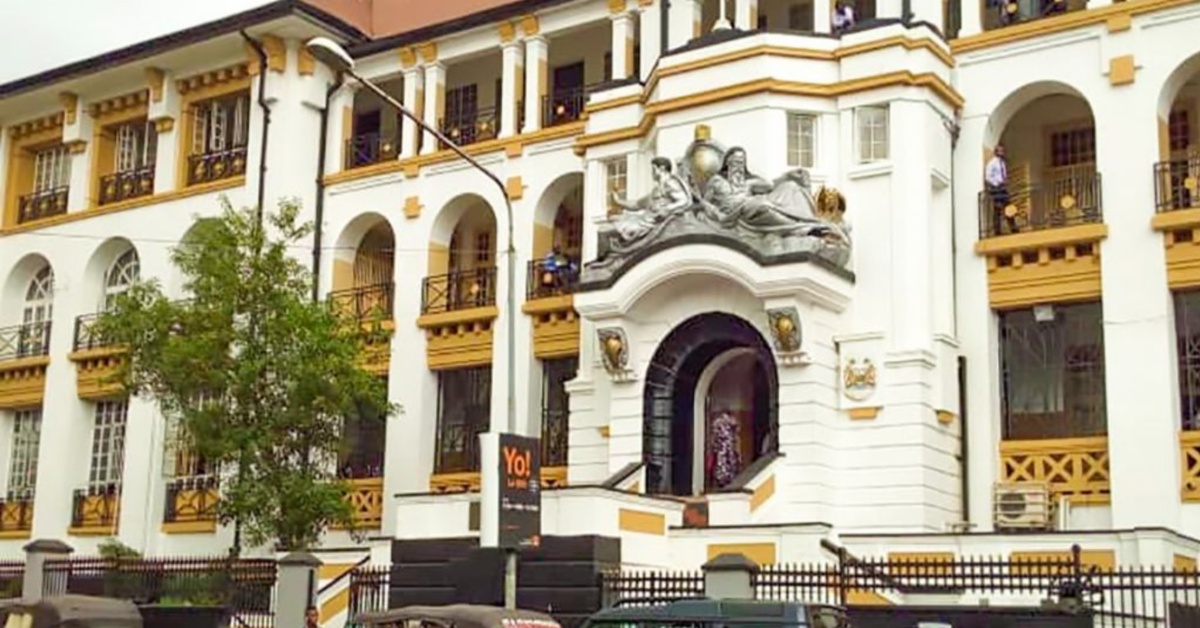By a Retired Judge
Before the coming into force of the Abolition of Death Penalty Act 2022, offences such as treason, murder and robbery with aggravation carried the death sentence. The Criminal Procedure Act of 1965 made it mandatory for offences of this nature to be tried by judge and jury (Section 143). This meant that there was a need for those accused of such offences to be tried by their peers which in effect means trial by jury. If one was going to face penalty of death, it would make sense for one’s fate to be put in the hands of twelve men than in the hands of a judge alone.
Consequently, upon the passing of the Abolition of Death Penalty Act, 2022 the death penalty was abolished from our law books. The Act expressly provides that “a person shall not be liable to the punishment of death for any offence committed in Sierra Leone”. “Where an Act before the coming into force of the Abolition of Death Penalty Act, 2022 provides that a person is liable to the punishment of death, the reference to the punishment of death shall be read, construed and applied as maximum penalty of imprisonment for life” this is the position of the law now.
Since capital punishment has been abolished from our laws, no Sierra Leonean shall suffer death for any crime committed no matter how grave that crime may be. Why then must we still maintain a jury system that has proved to be problematic, inefficient and very difficult to manage?
Furthermore, the jury system can be time-consuming and expensive. It requires summoning and selecting jurors, which takes time and resources. Delays in the trial process can be burdensome for victims, defendants, and the overall judicial system, as justice might be delayed.
Another consideration is the potential lack of expertise among jury members. In complex cases, such as those involving financial crimes or scientific evidence, jurors may not have the necessary knowledge or background to understand the evidence presented and make informed decisions. This could lead to incorrect or partial verdicts.
Instead of a jury system, alternative methods such as professional judges or expert panels could be implemented. This would ensure that decisions are made by individuals who have extensive legal knowledge and experience, reducing the potential for bias and prejudice.
Additionally, these professionals would have the ability to carefully analyze complex evidence and legal arguments, leading to more accurate and just outcomes. Jury trials, often composed of individuals without legal expertise, can face challenges in comprehending intricate legal matters.
A pertinent example of a successful transition away from jury trails is found in Japan’s legal system. Japan abolished jury trials in the late 19th century and reintroduced them only in 2009. The contemporary Japanese system incorporates lay assessors who work alongside professional judges. This model has demonstrated efficiency and effectiveness.
We already have the legal framework that supports trials by a judge with the aid of assessors, all we need to do is to develop it further and put reliance on its efficiency.
In contrast, countries that have transitioned to systems with assessor emphasize the importance of specialized legal training, contributing to more consistent and well-informed legal decisions.
In Sierra Leone, where legal literacy among jurors may vary significantly, the potential for misunderstanding complex legal issues is a valid concern. By opting for a system that relies on assessors with legal training, the legal process stands to benefit from a more accurate interpretation of the law, minimizing the risk of errors or misinterpretations.
The removal of jury trials in Sierra Leone can be viewed as a forward-thinking reform aimed at enhancing the efficiency, consistency, and reliability of the legal system. It could help to mitigate potential biases and prejudices, expedite the trial process, and ensure that decisions are made by individuals with the necessary expertise and knowledge.
Sierra Leone has an opportunity to shape a legal framework that not only expedites proceedings but also ensures the delivery of justice that is both fair and informed.


